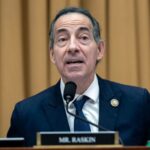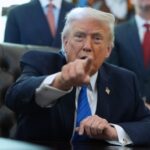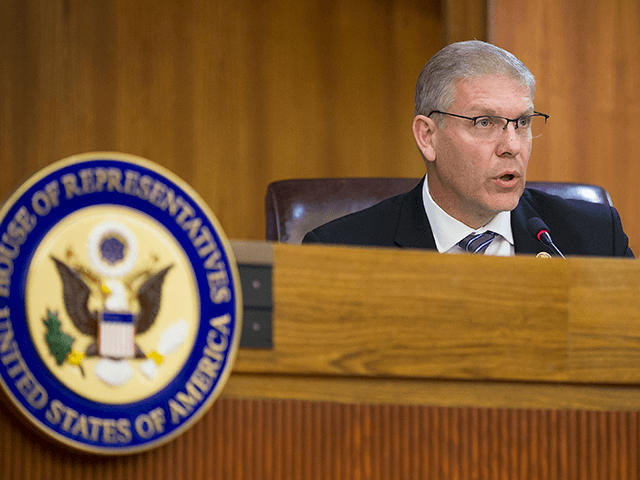
The January 6 Committee defied a demand last year by incoming Speaker of the House Kevin McCarthy (R-CA) that it preserve all of its records, evidence, and transcripts, and has destroyed much of what it collected over more than a year of investigation.
Rep. Barry Loudermilk (R-GA) made that revelation to Fox News Digital on Tuesday, also noting that the committee had not looked into possible security lapses at the Capitol, and that much of the material the committee did preserve was disorganized.
Fox News reported:
The House select committee that investigated the Capitol riot on January 6, 2021 failed to adequately preserve documents, data and video depositions – including communications it had with the Biden White House that are still missing – according to the Republican lawmaker overseeing the GOP investigation into the committee’s work.
The now-disbanded “J6” committee, which was run by Democrats and included only two GOP members, has also failed to provide any evidence that it looked into Capitol Hill security failures on the day of the riot, Rep. Barry Loudermilk, R-Ga., chairman of the Subcommittee on Oversight for the Committee on House Administration, told Fox News Digital.
…
“Nothing was indexed. There was no table of contents index. Usually when you conduct this level of investigation, you use a database system and everything is digitized, indexed. We got nothing like that. We just got raw data,” he said. “So it took us a long time going through it and one thing I started realizing is we don’t have anything much at all from the Blue Team [which was to have investigated security lapses].”
Loudermilk added that the “Blue Team” was “shut down” before it could probe the issue of security lapses at the Capitol, because the committee intended to blame former President Donald Trump, who has since been indicted for allegedly inspiring the riot.

Rep. Barry Loudermilk (R-GA) speaks during the Elections Subcommittee field hearing on ‘Voting Rights and Election Administration in Florida’ at the Broward County Governmental Center on May 06, 2019 in Fort Lauderdale, Florida. The subcommittee is visiting different parts of the country examining voting rights, as well as evidence of voter purging and voter suppression efforts, among other voting related issues. (Photo by Joe Raedle/Getty Images)
The House Select Committee to Investigate the January 6th Attack on the United States Capitol, as it was officially known, was convened by then-Speaker Nancy Pelosi (D-CA) under chairman Rep. Benny Thompson (D-MS). Though the committee was to have been composed of eight Democrats and five Republicans, Pelosi took the unprecedented step of rejecting two Republican nominees, whereupon McCarthy pulled all of the Republican nominees. She handpicked two anti-Trump Republicans instead.
The committee included an extensive staff of lawyers, including former prosecutors, and spent millions of dollars. The committee conducted more than 1,000 interviews of witnesses who testified, usually under oath, in closed-door depositions. Only a few of the witnesses were called to testify publicly at hearings that were scripted, with committee members reading from teleprompters. Videos and transcripts were made, but only a few clips were shown to the public, and only a few transcripts were released.
Several witnesses complained that testimony had been selectively edited to distort or even reverse its meaning, and that members of the committee had publicly accused them of wrongdoing, without evidence, and which they had denied in their testimony. Republicans also suspected that the committee was communicating with President Joe Biden’s White House, and with the Department of Justice — perhaps to circumvent witnesses’ procedural rights in obtaining material for future prosecutions.
Because of such concerns, McCarthy wrote to Thompson in November 2022, shortly after Republicans won the House back in the midterm elections. “It is imperative that all information collected be preserved not just for institutional prerogatives but for transparency to the American people,” he wrote. “The American people have a right to know that the allegations you have made are supported by the facts.”
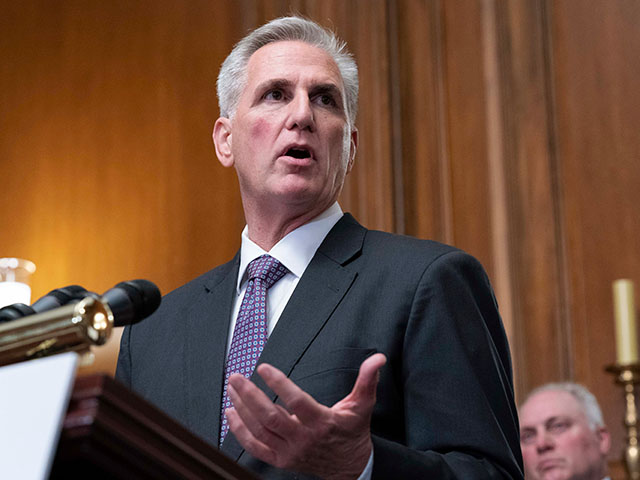
House Speaker Kevin McCarthy of Calif., speaks at a news conference after the House passed the debt ceiling bill at the Capitol in Washington, Wednesday, May 31, 2023. The bill now goes to the Senate. (AP Photo/Jose Luis Magana)
Republicans on the House Administration Committee made a similar request to Thompson.
As Fox News Digital notes, Thompson and committee vice chair Rep. Liz Cheney (R-WY) wrote to the White House and said they would, by law, preserve all of the committee’s materials, and that they would pass into the custody of the National Archives. Thompson also told CNN that the committee would preserve all of its materials.
But in a letter to Loudermilk, Thompson admitted that the committee had not preserved what he called “temporary” materials, which included videos and transcripts that were not used “in [public] hearings or official publications” of the committee, or to “further its investigative activities.”
The committee therefore did not preserve the raw evidence that its professional lawyers spent months, and millions, to collect.
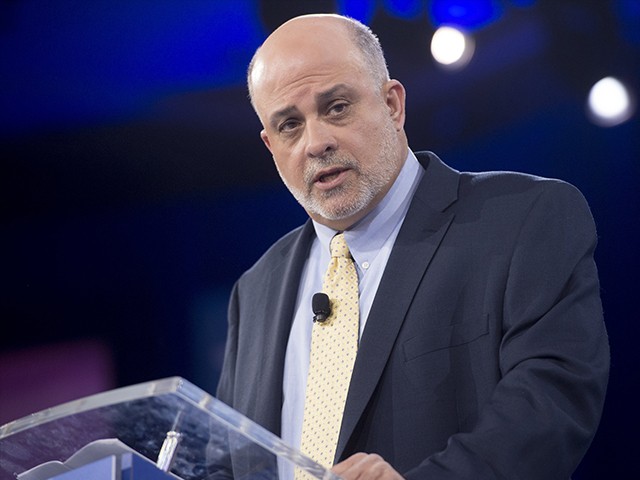
Conservative talk-show host Mark Levin speaks during the annual Conservative Political Action Conference (CPAC) 2016 at National Harbor in Oxon Hill, Maryland, outside Washington, March 4, 2016. (Photo by SAUL LOEB / AFP) (Photo by SAUL LOEB/AFP via Getty Images)
As conservative radio host Mark Levin pointed out during the Mark Levin Show on Tuesday, the committee’s destruction of its own records appeared to be an attempt to obstruct future Republican investigations of its work. It had also effectively denied former President Trump of access to evidence that might potentially help his defense in the criminal prosecutions that the committee itself had urged the Department of Justice to launch. And it also prevented other witnesses from clearing their names.
For Loudermilk, that cause is a personal one. The committee accused him publicly of helping the rioters by giving a tour of the Capitol on the day before the January 6 event. Thompson and Cheney had claimed to have evidence implicating him. It was only because Capitol Police were able to review surveillance footage that they were able to conclude that Loudermilk had done nothing wrong, and wrote to the committee to exonerate him, saying that the representative had just been showing constituents around.
Ironically, one of the prosecutions Special Counsel Jack Smith is pursuing against Trump involves charges that he mishandled government records from his time in the White House. Unlike the January 6 Committee, Trump did not destroy any documents. He faces 460 years in potential prison sentences relating to that prosecution, which includes charges of obstruction of justice.
The Department of Justice is not known to be investigating Thompson or the committee for their destruction of documents.
Joel B. Pollak is Senior Editor-at-Large at Breitbart News and the host of Breitbart News Sunday on Sirius XM Patriot on Sunday evenings from 7 p.m. to 10 p.m. ET (4 p.m. to 7 p.m. PT). He is the author of the new biography, Rhoda: ‘Comrade Kadalie, You Are Out of Order’. He is also the author of the recent e-book, Neither Free nor Fair: The 2020 U.S. Presidential Election. He is a winner of the 2018 Robert Novak Journalism Alumni Fellowship. Follow him on Twitter at @joelpollak.
